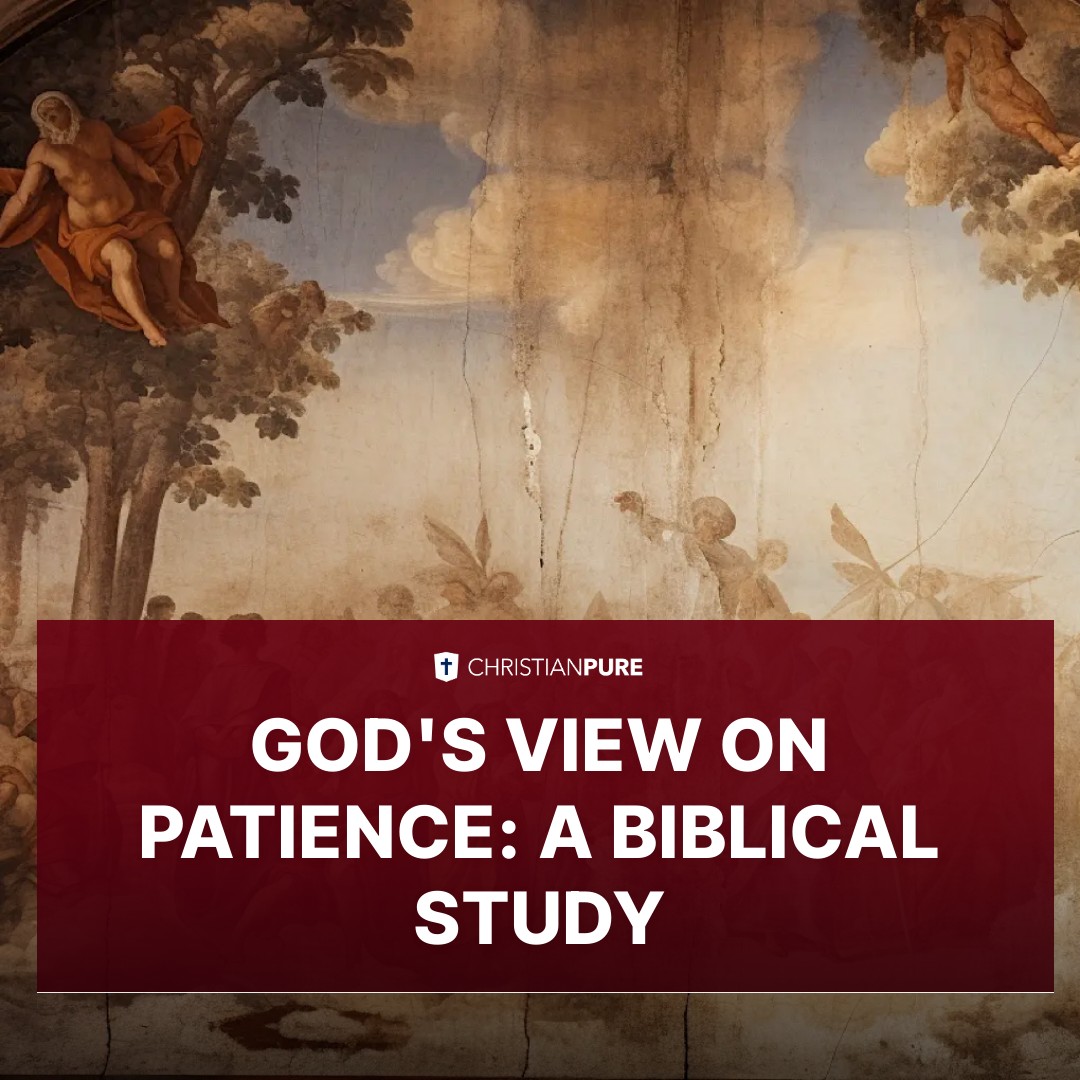Definition of Protestantism
Protestantism is a Christian faith that originated from the Reformation in the 16th century, when various individuals such as Martin Luther, John Calvin, and others sought to reform the Roman Catholic Church and its doctrines. Protestantism holds key beliefs such as the authority of the Bible, salvation by faith alone, and the priesthood of all believers.
Throughout the 20th century, Protestantism saw various theological movements that impacted its development. The Neoorthodox approach, popularized by theologians such as Karl Barth, emphasized the transcendence of God and the need for a personal encounter with Him. Demythologizing of the New Testament, popularized by Rudolf Bultmann, sought to reinterpret the biblical message for modern audiences. The rise of various Protestant theologies in the Third World and the United States also introduced diverse perspectives and interpretations within Protestantism.
Protestantism has continued to evolve and adapt to different cultural and theological influences, leading to a rich tapestry of beliefs and practices within the Protestant tradition.
Definition of Pentecostalism
Pentecostalism is a charismatic movement that originated in the early 20th century, emphasizing a personal encounter with the Holy Spirit, divine healings, and speaking in tongues as evidence of spiritual baptism. It spread from the United States to the Caribbean, all of North America, Latin America, and sub-Saharan Africa, where it has had a significant global impact. Believers are known for their lively worship, belief in healing and miracles, and strong emphasis on evangelism.
There is great diversity within the Pentecostal religious movement, with denominations ranging from traditional to more progressive and inclusive. Pentecostalism has also increasingly played a role in national politics, with leaders and movements in various countries influencing policies and elections.
Overall, Pentecostalism's emphasis on the Holy Spirit, personal experience, speaking in tongues, and its global growth have made it a significant force in the modern Christian landscape, impacting both spiritual and political realms.
19th Century: Holiness Movement and its Influence on Pentecostalism
The 19th-century Holiness Movement had a significant influence on the development of Pentecostalism. The Holiness Movement emphasized the need for a "second work of grace," a subsequent experience after conversion to cleanse the believer from sin and empower them to live a holy life. This emphasis on a second work of grace laid the foundation for the Pentecostal belief in the baptism of the Holy Spirit as a distinct experience from salvation.
Furthermore, the Holiness Movement also stressed the church's need for a revival of the Holy Spirit. This desire for a renewed outpouring of the Holy Spirit and an emphasis on the spiritual gifts closely aligned with the later Pentecostal emphasis on the manifestation of spiritual gifts and the belief in continuing the gifts of the Spirit as described in the New Testament.
Overall, the Holiness Movement played a crucial role in shaping the theological and experiential framework of Pentecostalism, laying the groundwork for a distinct movement within Christianity that emphasized the baptism of the Holy Spirit and the manifestation of spiritual gifts.
Early 20th Century: Azusa Street Revival and the Birth of the Pentecostal Movement
The Early 20th Century Azusa Street Revival marked the birth of the Pentecostal Movement, heavily influenced by the Puritan heritage and the tradition of revival meetings. The movement was catalyzed by Charles Parham, who disseminated key beliefs of Pentecostalism, including the emphasis on speaking in tongues and the belief in the imminent return of Christ. The revival, which took place in Los Angeles in 1906, saw a diverse group of people come together to worship, and it soon spread throughout the United States and the world, especially in the Third World.
During the 1950s, Pentecostalism began spreading within mainline denominations as the "charismatic renewal," and by the mid-1960s, it had also expanded into the Catholic Church.
The movement significantly impacted rural populations, as it offered a sense of community and empowerment to those living in more isolated areas. Additionally, the Pentecostal Movement saw the dominance of women in some situations, providing them with leadership opportunities that were not as readily available in other denominations. This expansion and appeal posed a challenge to other Churches seeking to increase their membership, as the Pentecostal Movement offered a more emotionally charged and inclusive form of worship that resonated with many.
What is the difference between Protestants and Pentecostal?
Protestants and Pentecostal denominations are Christian denominations with key differences in their origins, beliefs, and practices.
Protestantism originated in the 16th century due to the Protestant Reformation led by Martin Luther, John Calvin, and other reformers. Protestants emphasize the authority of the Bible, justification by faith alone, and the priesthood of all believers. They typically have two sacraments - baptism and communion - and believe in a more structured hierarchy within the church.
On the other hand, Pentecostalism emerged in the early 20th century and emphasizes the importance of the Holy Spirit, spiritual gifts, and speaking in tongues. Pentecostals believe in a more experiential and emotional worship, emphasizing healing and miracles. They also believe in a personal encounter with God and a more flexible church structure.
Pentecostals view Protestants as fellow Christians, but may differ in their beliefs and practices. Both groups are considered Christian by the broader Christian Church community.
Key leaders in Protestantism include Martin Luther and John Calvin, while Pentecostalism was influenced by figures such as Charles Parham and William J. Seymour.
Pentecostal vs prostestant: Core Beliefs and Doctrines
Pentecostalism and Protestantism share some core beliefs, such as the belief in the Trinity, the divinity of Jesus, and the authority of the Bible. However, there are key differences in their beliefs about scripture, God, salvation, baptism, communion, the Holy Spirit, speaking in tongues, sanctification, and the Church.
Pentecostalism strongly emphasizes the experience of the Holy Spirit, including speaking in tongues as evidence of being filled with the Spirit. They also emphasize the belief in divine healing, the imminent return of Christ, and the importance of living a holy life.
Protestant beliefs about the Holy Spirit and speaking in tongues vary widely depending on the denomination. Still, they generally emphasize justification by faith alone, the priesthood of all believers, and the authority of scripture as the sole source of divine revelation. Protestant denominations also differ in their beliefs about baptism, with some practicing infant baptism and others practicing believer's baptism.
Pentecostalism tends to be more experiential and emotional in its worship and beliefs, while Protestantism is more varied in its beliefs and practices, depending on the specific denomination.
What do Pentecostals think of Protestants?
Pentecostals view Protestants as family, sharing many similarities in beliefs, values, and practices. Both Pentecostals and Protestants believe in the fundamental tenets of Christianity, such as the Trinity, the authority of the Bible, and the salvation through Jesus Christ. They also share the same Christian identity, emphasizing the importance of faith, grace, and the Gospel message.
Pentecostalism is a part of the Protestant movement, and Pentecostals recognize the significance of this shared heritage. Both Pentecostals and Protestants are committed to spreading the Gospel and living out their faith in obedience to God's will. They also value the importance of evangelism, discipleship, and the worship of God.
Pentecostals see Protestants as close relatives in the larger body of Christ, united by their shared Christian identity and mission. The similarities in beliefs, values, and practices between Pentecostals and Protestants reinforce the sense of family and common purpose in their shared faith.
Are Pentecostals and Protestants both Christians?
Both Pentecostals and Protestants are considered Christians as they share core Christian beliefs and practices. Both groups believe in the authority of the Bible, the Trinity (God the Father, Son, and Holy Spirit), the death and resurrection of Jesus Christ, and salvation through faith in Christ. However, they have differences in their theological emphasis and practices.
Pentecostals emphasize the experience of the baptism of the Holy Spirit, speaking in tongues, and spiritual gifts, while Protestants may not place as much emphasis on these practices. Historically, Pentecostalism emerged from the 19th-century Protestant revival movements and is considered a part of the broader Protestant tradition.
Both Pentecostals and Protestants are rooted in the teachings of Christ, the importance of evangelism, and the belief in the priesthood of all believers. Their commitment to spreading the gospel and following Jesus Christ unites them within the larger Christian faith.
In conclusion, while there are differences in their theological emphases and practices, Pentecostals and Protestants are Christians who are part of the broader Protestant tradition. Their shared beliefs in Christ and the foundational teachings of Christianity connect them as followers of the Christian faith.
Can Pentecostals attend Protestant churches?
Pentecostals can certainly attend Protestant churches, as they are both Christian denominations. However, there may be restrictions on participation in certain sacraments, such as Holy Communion, depending on the individual church's beliefs and practices. In some Protestant churches, only baptized members or those who have undergone a specific confirmation process may participate in Holy Communion.
There may be potential differences in beliefs and practices between Pentecostal and Protestant churches, particularly in areas such as worship style, spiritual gifts, and the role of the Holy Spirit in the church. Pentecostal churches often emphasize the presence of the Holy Spirit and spiritual gifts, while some Protestant churches may have a more traditional or structured worship style.
Protestant churches generally have an open-door policy and accept people from other Christian denominations, including Pentecostals. While there may be differences in beliefs and practices, there is often a spirit of unity and acceptance within Protestant churches.
Conclusion
In conclusion, the differences in theological beliefs, worship styles, and leadership structures between Pentecostal and Presbyterian churches have significant implications for individuals seeking to join a denomination. The Pentecostal emphasis on spiritual gifts, emotional worship, and decentralized leadership contrasts with the Presbyterian focus on Reformed theology, traditional worship, and hierarchical leadership. These differences can impact individuals' experiences and decisions as they seek a church that aligns with their beliefs and preferences.
When evaluating these differences, individuals should consider key factors such as their theological convictions, preferred worship style, and opinions on leadership structures. Additionally, they should assess how each denomination's teachings and practices align with their personal faith journey and spiritual needs.
Ultimately, individuals should prayerfully consider which denomination best supports their spiritual growth and connects them with a community of believers who share their values.




















